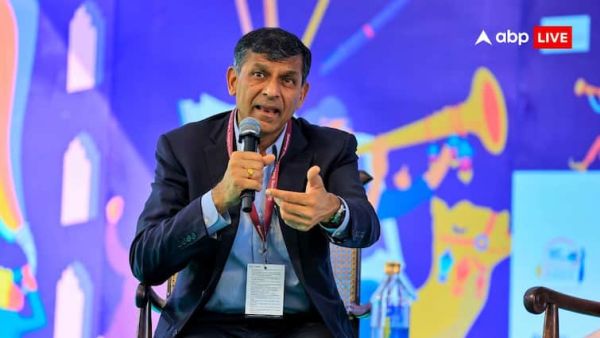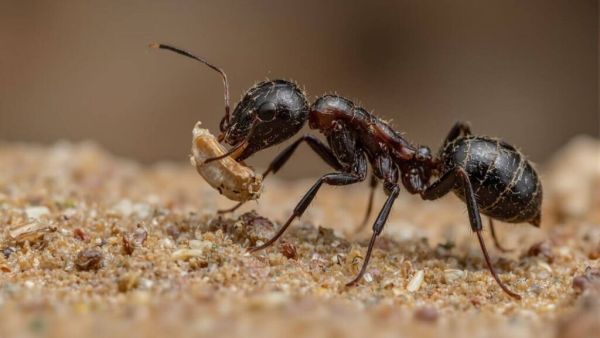
India needs to be 'very careful and clever' while negotiating trade agreements with the US, especially with regard to the agriculture sector, which is heavily subsidised by developed countries, former RBI Governor Raghuram Rajan said on Friday.
In an interview with PTI Videos, Rajan said India's economic growth has sort of settled in the range of 6-7 per cent, and a fraction of percentage point may be affected by the global trade uncertainties.
"I think where it is much more sort of difficult (trade negotiations) is in areas such as agriculture, where every country subsidises its producers, and our producers may be relatively smaller, may have somewhat lower subsidies...unconstrained flow of agricultural products into the country may create problems for them," he said.
Earlier this week, the Indian team was in Washington for the fifth round of negotiations for the proposed Bilateral Trade Agreement (BTA).
"For example, can we encourage more foreign direct investments from those countries (developed countries) to enhance the value added in some of those sectors, the milk for example, sort of improving the value added in our milk products, milk powder, cheese, etc, could be beneficial to our milk producers," the eminent economist noted.
US President Donald Trump has said that the proposed trade deal with India would be on the lines of what America has finalised with Indonesia. Giving access in the agriculture sector is proving to be a political issue for the government.
"Are there things we can do, rather than necessarily saying we welcome sort of more milk into the country from other countries.
"So all this requires very careful, clever negotiation, and I hope that is what our government officials are engaged in," Rajan, currently a professor of finance at Chicago Booth, said.
India has hardened its position on the US demand for duty concessions on agri and dairy products. New Delhi has, so far, not given any duty concessions to any of its trading partners in a free trade agreement in the dairy sector.
Noting that the trade tensions are negative for both in terms of exports as well as investment, Rajan said, "But you must remember that there are opportunities also in what is happening to the extent that India is perceived as an alternative route to some of the other regions like the United States." According to him, if the tariffs imposed by the US on China and some other parts of Asia are much higher than tariffs on India, there may be an opportunity for some manufacturing to flow to India.
While pointing out that Indian exports in manufacturing to the United States are not that big, he said any kind of tariffs (on India) will have some modest dampening effect, but not a lot.
Rajan said that India's economic growth has sort of settled at a 6-7 per cent range, a fraction of percentage point maybe affected by the global sort of tariff environment.
"But in the longer term, this would spell opportunity for India," he added.
Trump announced heavy tariffs on a number of countries, including India, on April 2. However, it was soon postponed for 90 days until July 9 and later to August 1.
India is seeking the removal of an additional tariff (26 per cent). It is also seeking the easing of tariffs on steel and aluminium (50 per cent) and auto (25 per cent) sectors.
As far as tariffs go, Rajan said he thinks there are certain areas where India has become more protectionist, and added, "certainly we can reverse that protectionism".
He said that there are areas where India has been historically protectionist, and bringing down the level of tariffs, increasing competition in those sectors can be quite beneficial.
"For example, in car manufacturing, we have some advantages. We produce certain kinds of cars very well, and bringing competition in the automobile sector can actually be quite beneficial," Rajan observed.
(This report has been published as part of the auto-generated syndicate wire feed. Apart from the headline, no editing has been done in the copy by ABP Live.)




